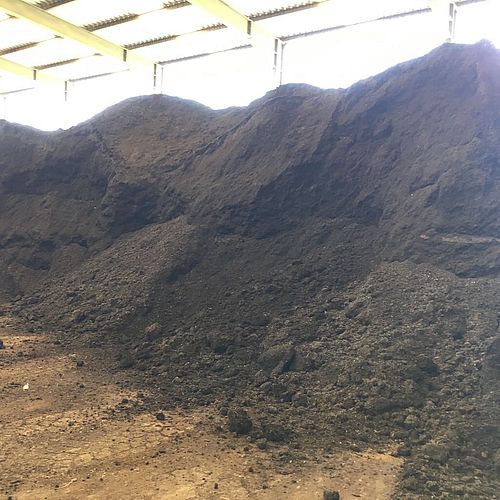Project members
Fiona Fitchett, Pascale Flury, Barbara Thürig, Javier Palma-Guerrero, Robin Teufel, Olivier Potterat
Abstract
Copper fungicides, which are still widely used due to a lack of efficient alternatives, need to be replaced urgently due to their unfavourable profile. There is consensus that several new sustainable alternatives need to be developed and brought to the market to reach the goal of organic farming without copper. In this project, we want to identify new bacterial and fungal strains with a protective effect against important foliar diseases which are currently depending on copper (grapevine downy mildew caused by Plasmopara viticola and apple scab caused by Venturia inaequalis). We are aiming at developing two to five selected strains to Technology Readiness level 4 (technology validated in lab) by the end of this project, with the final aim of registration as a plant protection product in collaboration with an interested industry partner (beyond this project). We will focus on strains producing antimicrobial metabolites or inducing resistance in plants and will consider the use of living strains as well as of isolated metabolites. To find suitable strains, we will explore
the microbiome of disease-protective compost extracts, which are known to contain a plethora of mostly unexplored microorganisms. We will use an innovative approach combining classical plant-pathogen bioassays and microbiology with modern molecular methods (metabarcoding/biostatistics) and state-of-the art analytical chemistry.
Quick Links
Social Media

